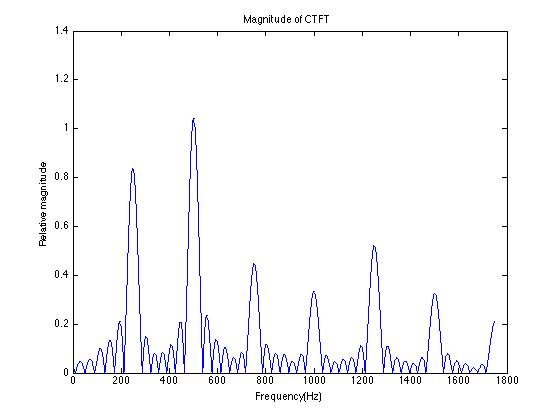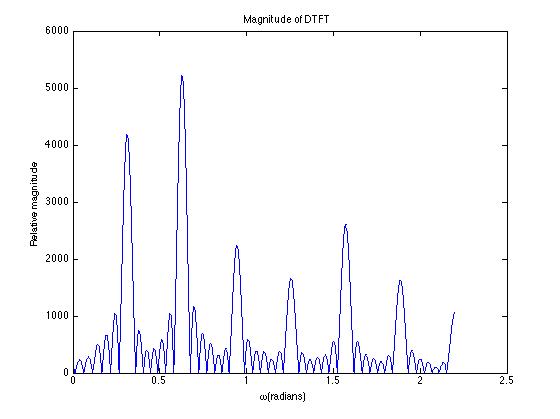Question 1
This is because real systems have transfer functions with real coefficients. If we write the transfer function H(z) as H(z)=P(z)/Q(z), where P(z) and Q(z) are polynomial, then the poles of the transfer function are the zeros of the polynomial Q(z). But Q(z) has real coefficients (Since the system can be written as a difference equation with real coefficients). And the zeros of a polynomial with real coefficients always come in complex conjugate pairs.
- Instructor's comment: does everybody know how to show that if z is the zero of a polynomial with real coefficientsm, then the conjugate z* is also a zero? -pm
Question 2
(a) This implies that the difference equation must has the form
$ y[n]=\sum_{i=0}^{N-1} b_i x[n-i] -\sum_{k=1}^{M} a_k x[n-k] $
where M is the number of poles and M>0
(b) No, it must be an IIR filter as it must have poles. As explained in (a), the difference equation describing the system involves values of the output y[n] at previous times.
Question 3
(a) It's likely to be female, as the pitch is 250Hz.
(b) The gender will not influence the location of the local maxima. It only affects the pitch frequency.




